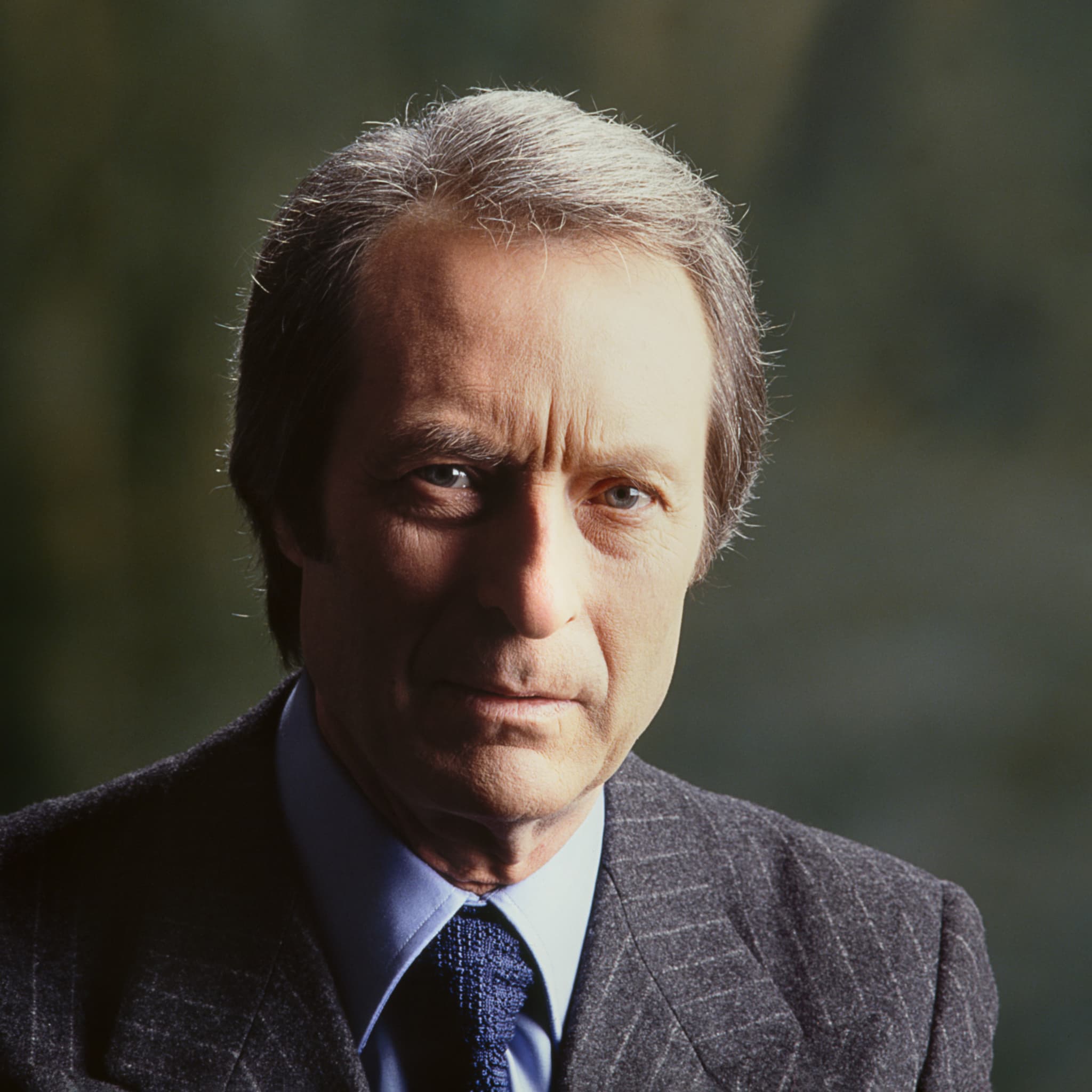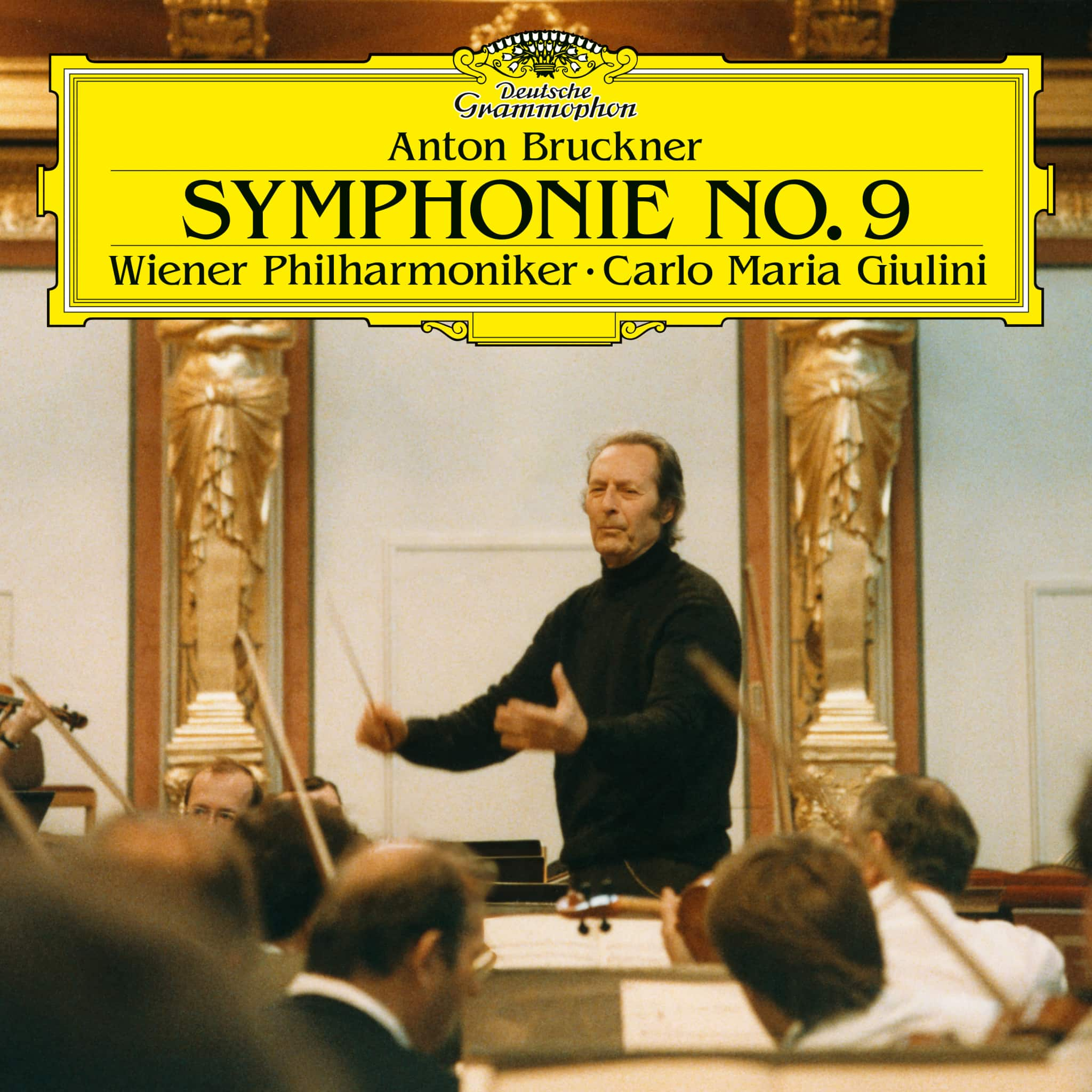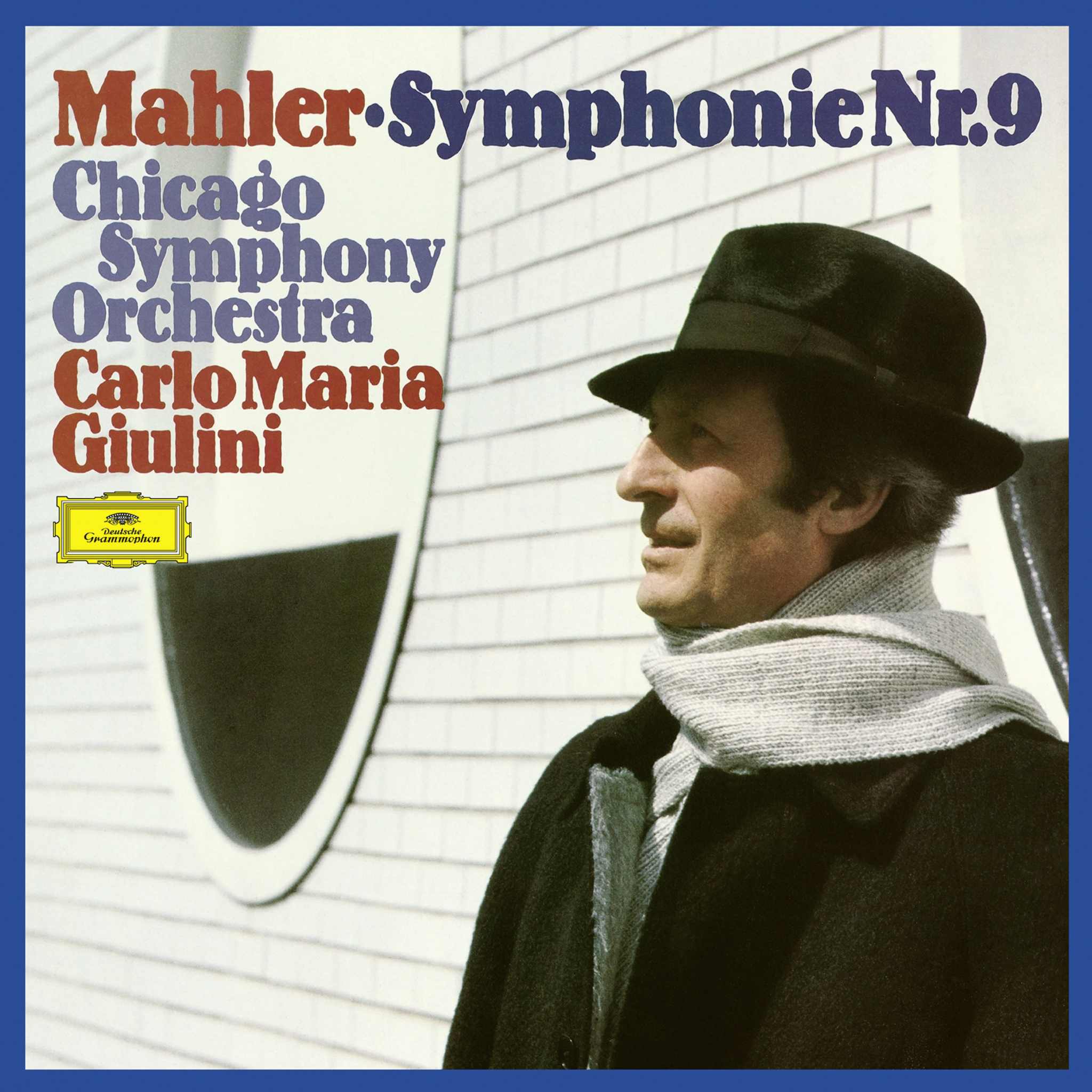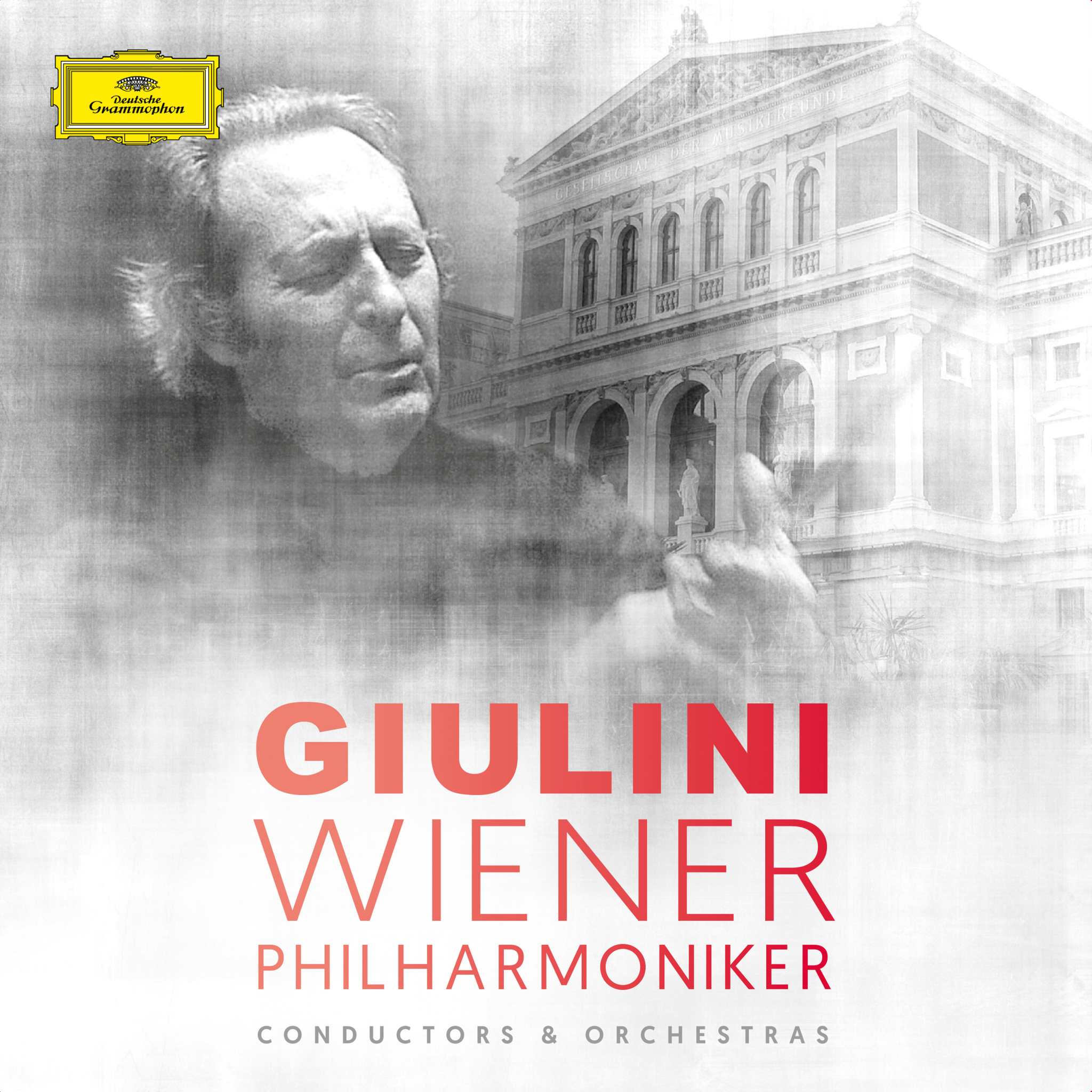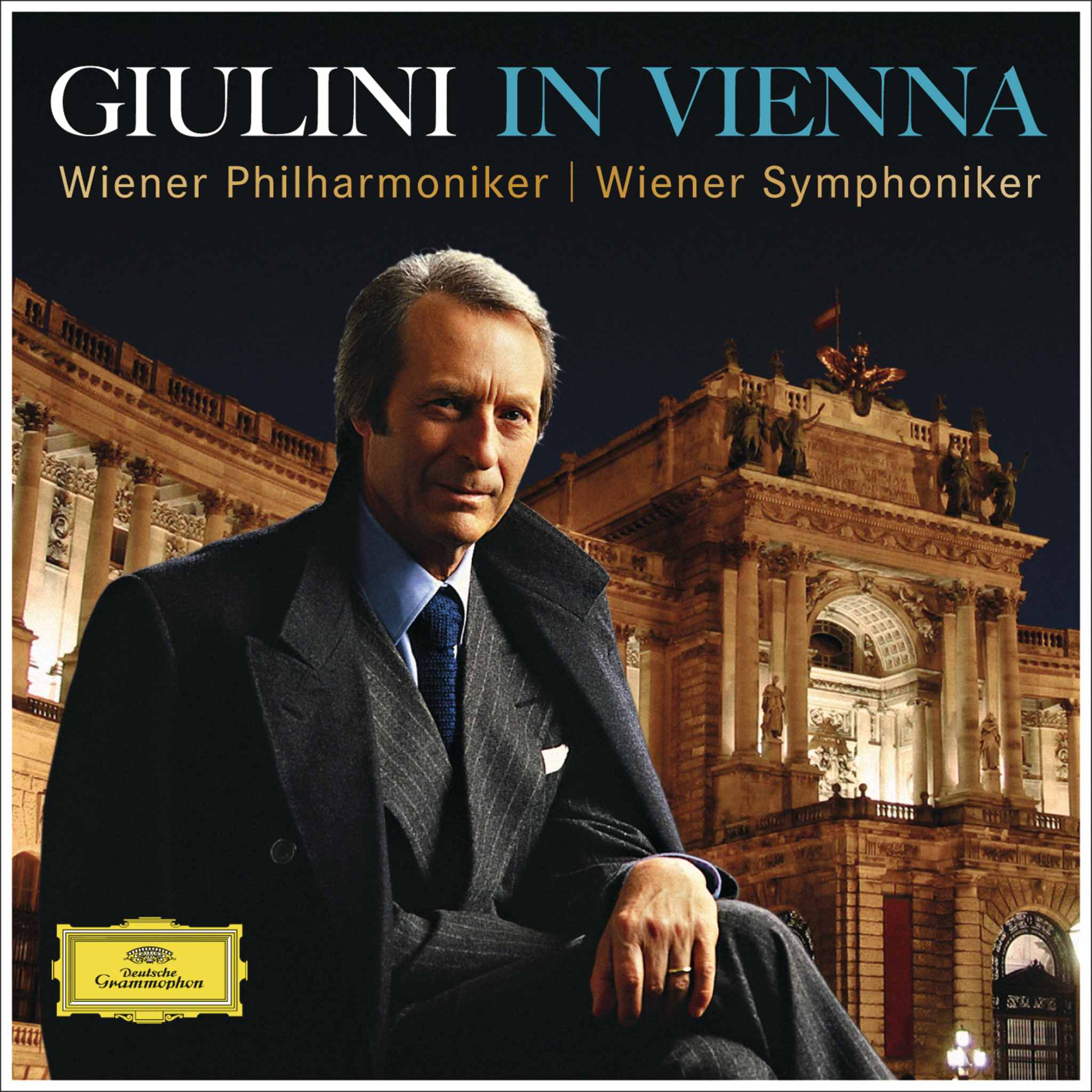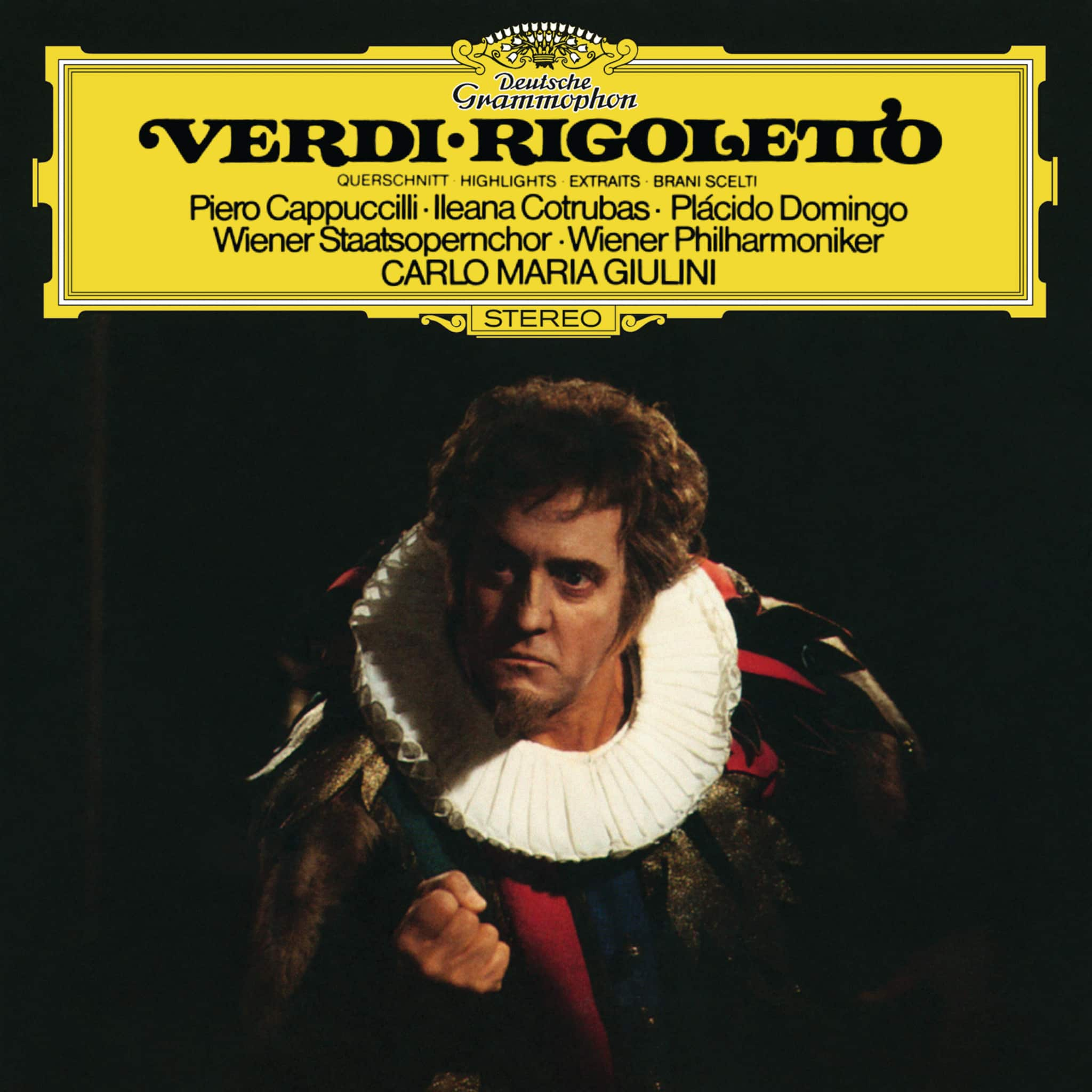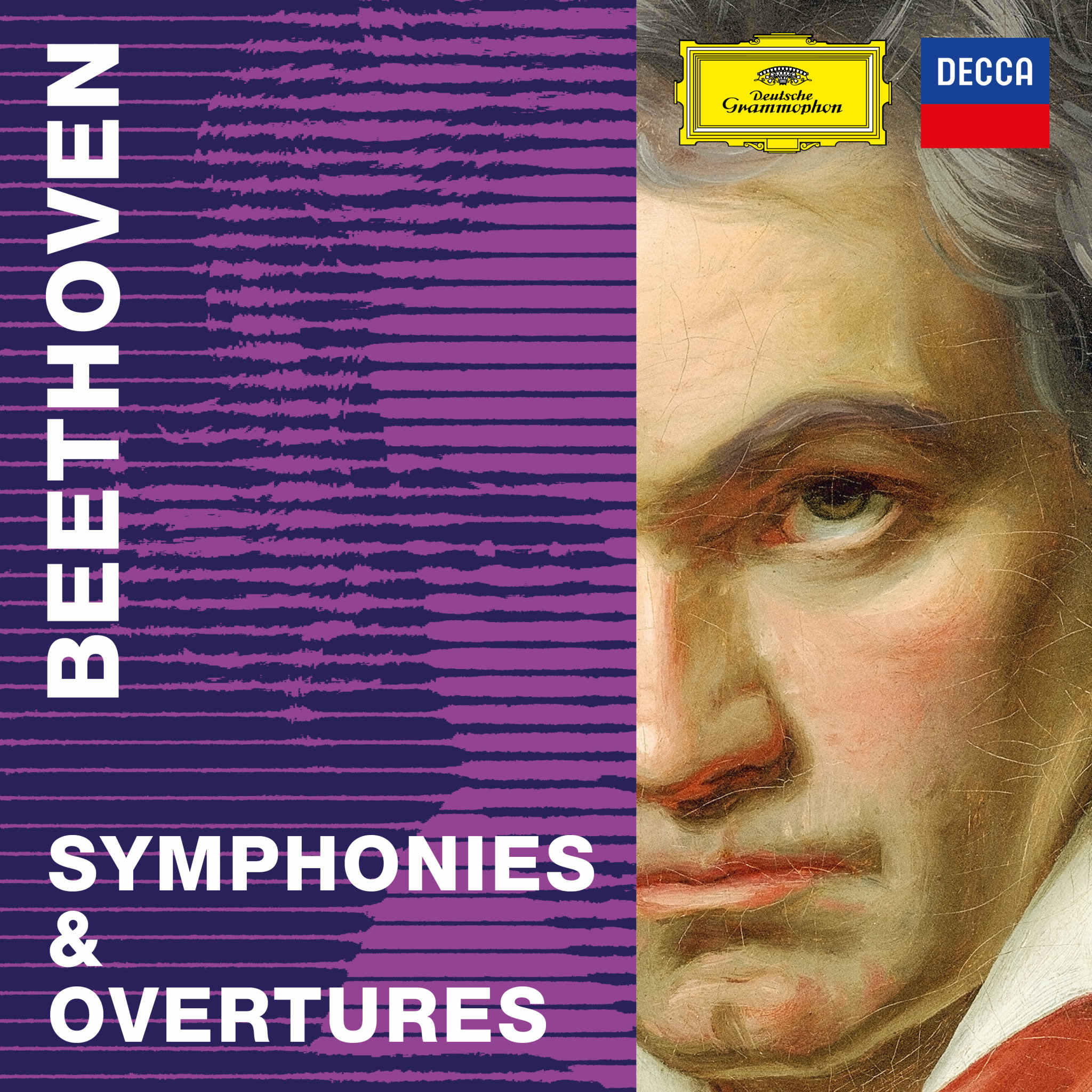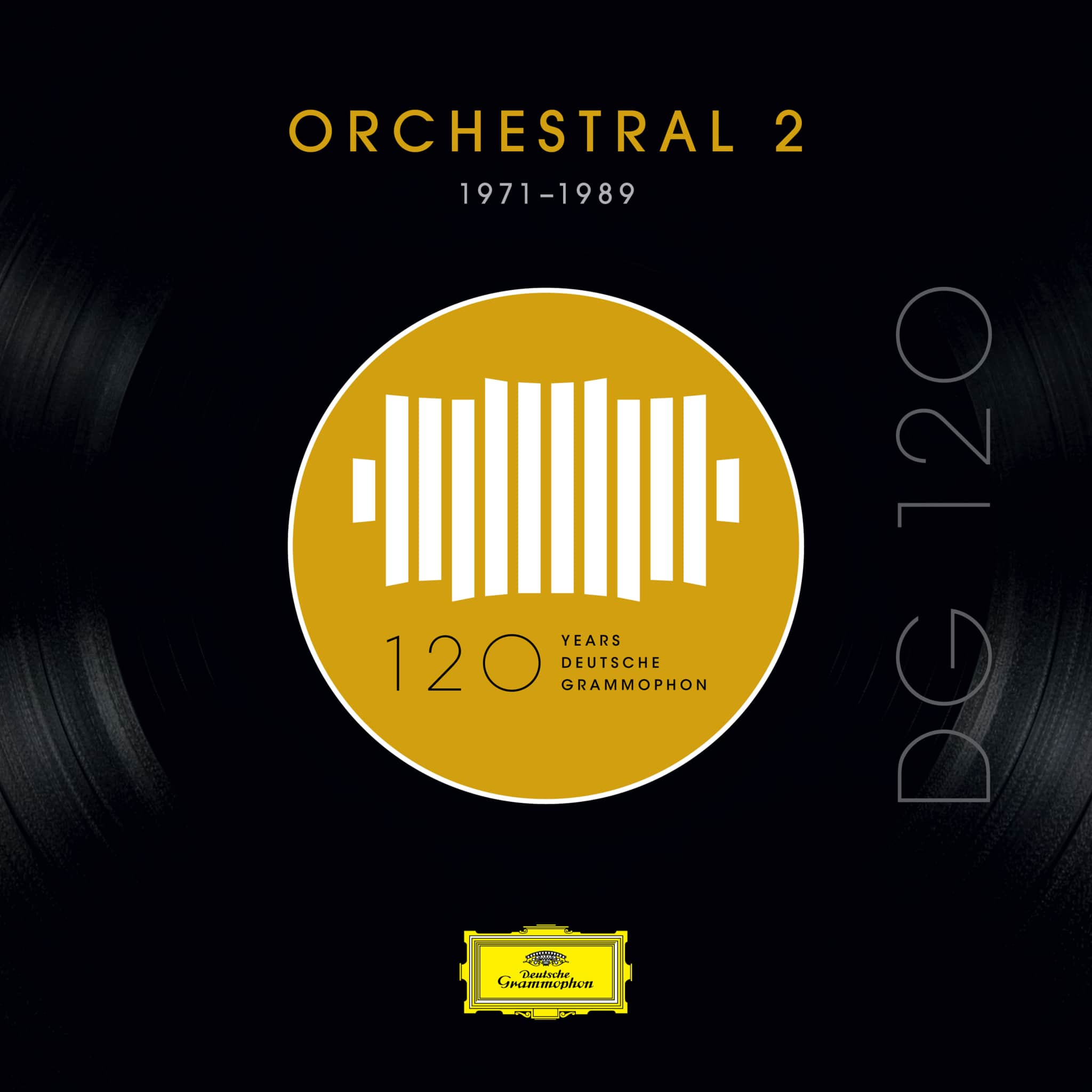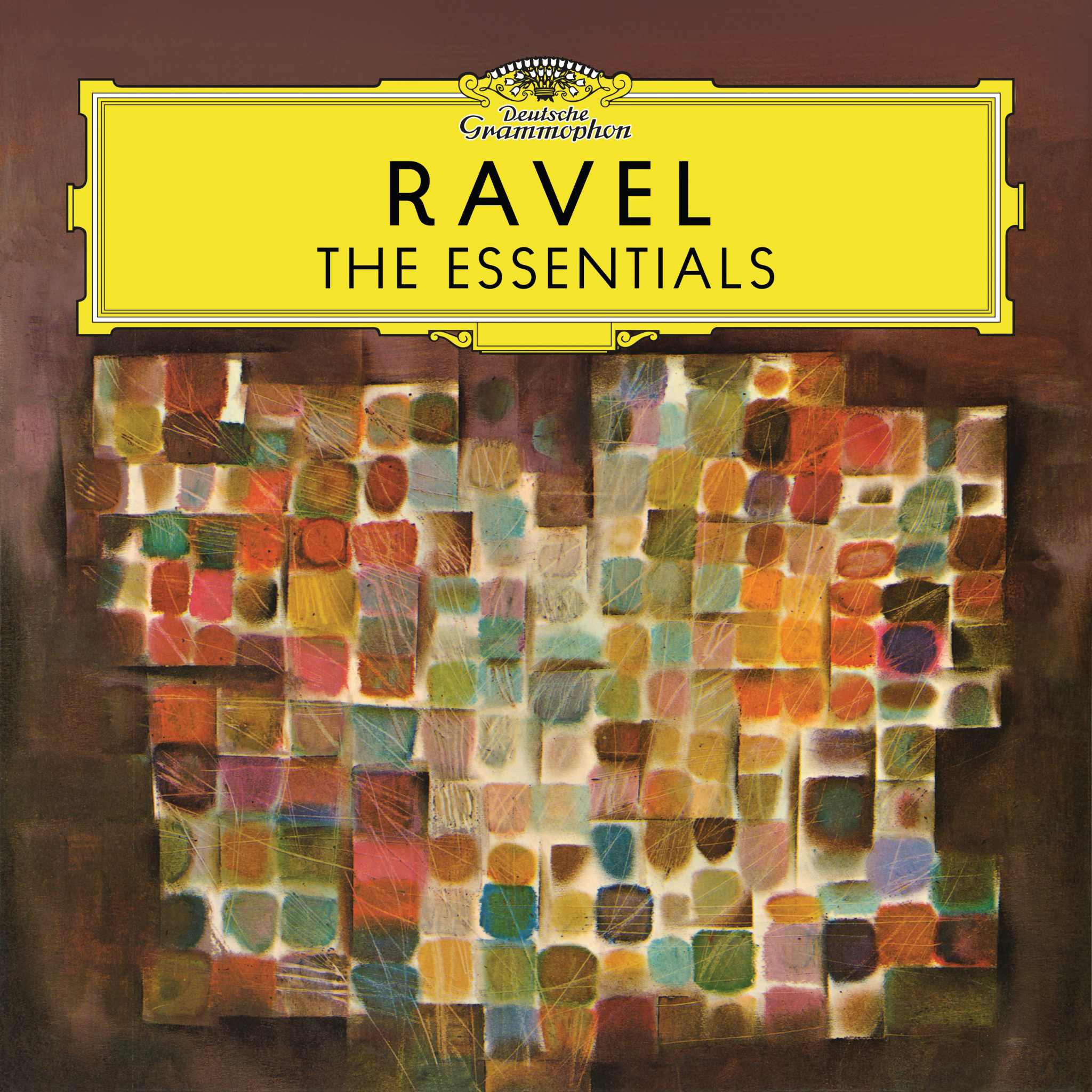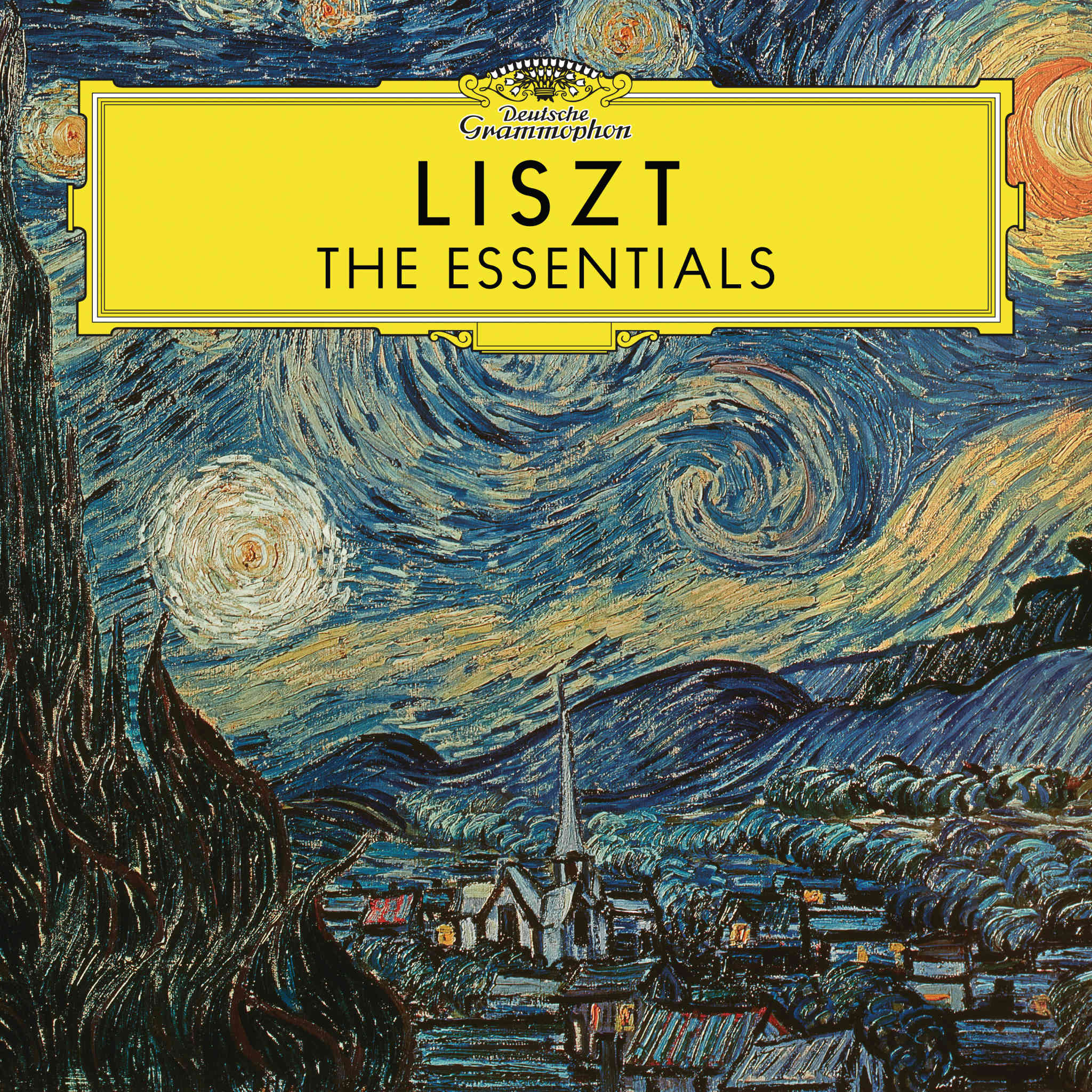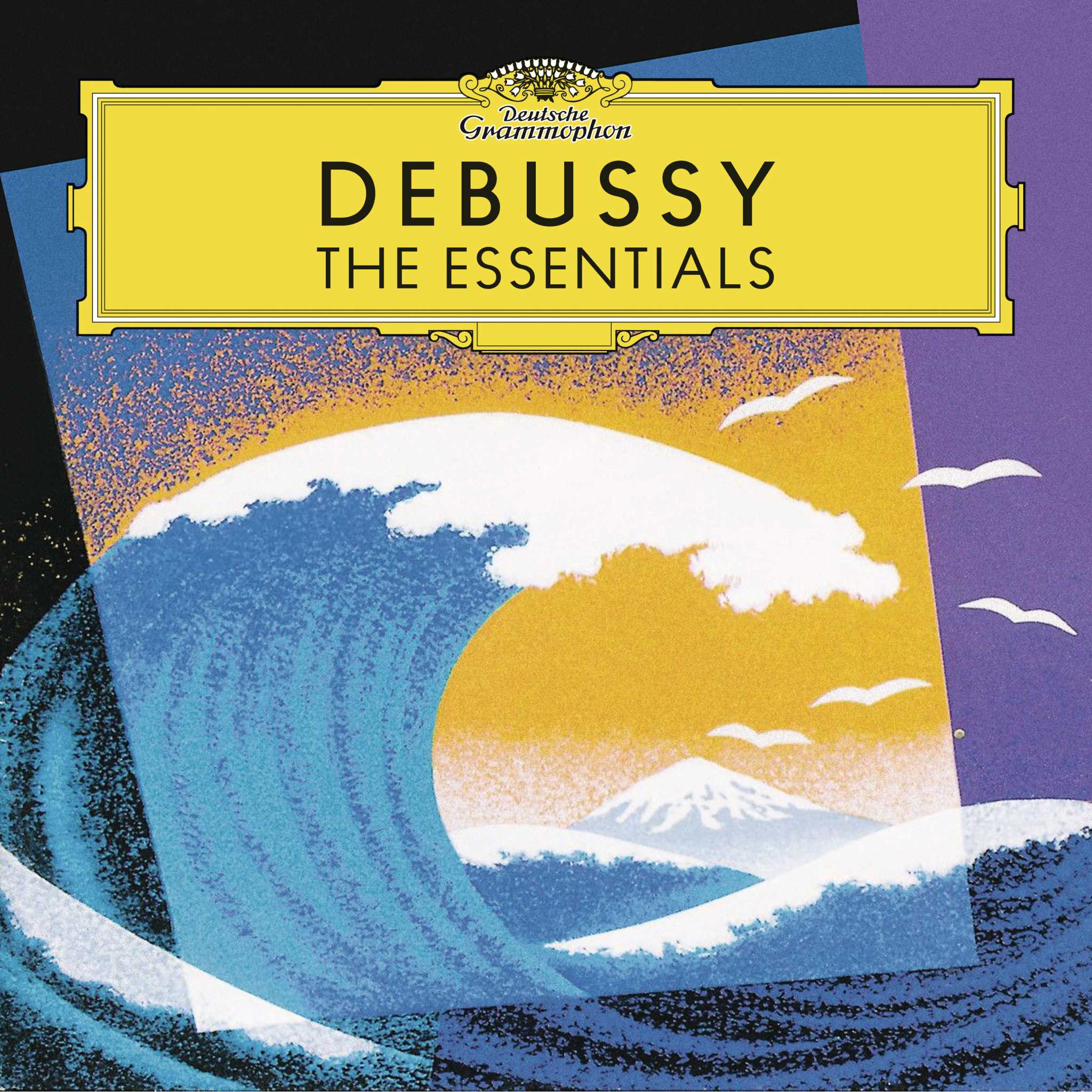Albums
Appears On
Short Videos
AboutCarlo Maria Giulini

In an interview, Carlo Maria Giulini stated that art, for him, was ultimately always spiritual; he knew no other kind. For him, this also meant that he tried to delve into every work until he grasped its inner coherence. In his youth, Giulini became one of the most sought-after and fervent opera conductors, and in the second half of his life, he became a symphonic conductor whose intuition for the inner essence of music led to legendary recordings, such as those with the Los Angeles Philharmonic.
Carlo Maria Giulini hailed from Southern Italy. Born on May 9, 1914, in Barletta in the province of Bari, he grew up in Bolzano and studied viola and composition in Rome at the Accademia Nazionale di Santa Cecilia. He began his musical career in the pit of Rome's Orchestra Augusteo, working there in the early forties under Otto Klemperer, Wilhelm Furtwängler, Richard Strauss, and Bruno Walter. Giulini first conducted himself in 1944, leading the celebratory concert for the liberation of Italy by the Allies. After the war, he initially conducted various ensembles for the RAI radio station until he took over the leadership of the newly founded Radio Symphony Orchestra in 1950.
Giulini expanded his knowledge through studies with Bernardino Molinari. Important mentors such as Victor de Sabato and Arturo Toscanini helped him discover his own style. In 1948, he conducted his first opera ("La Traviata," Verdi) in Bergamo, and four years later, he debuted with de Falla's "La Vida Breve" at La Scala in Milan, which became one of his most important venues until the 1960s, and he succeeded de Sabato as the artistic director of the house. Giulini was invited to work with Luchino Visconti at Covent Garden in London and with Franco Zeffirelli. He participated in famous performances such as the 1954 Milan production of Traviata with Maria Callas, traveled to the USA for the first time as a conductor in 1955, and was widely celebrated during a Japan tour in 1960. Legendary recordings emerged, such as his 1959 "Don Giovanni" with the young Eberhard Wächter in the title role and Joan Sutherland as Donna Anna. After Giulini returned to La Scala in 1963, he turned away from opera towards the end of the decade due to the artistic compromises demanded of him.
As a symphonic conductor, Giulini then focused on a comparatively small repertoire. Schumann, Schubert, Brahms, and Bruckner were preferred on his program, as well as sacred works by Bach, Mozart, Beethoven, Verdi, and Fauré. He was considered a sensitive and meticulous craftsman who had refined Toscanini's rehearsal discipline to achieve the most precise and moving results possible. In 1969, the Chicago Symphony Orchestra appointed him Principal Guest Conductor, and in 1973, he took over the leadership of the Vienna Symphony Orchestra for three years, working primarily with the London Philharmonia Orchestra in addition to the Chicagoans. Finally, in 1978, he was engaged to lead the Los Angeles Philharmonic and directed the ensemble for six years with verve and intensity.
Following these American years, Giulini decided not to commit permanently to an orchestra but remained a highly sought-after guest conductor for the Berlin Philharmonic and the Philharmonic Orchestra of La Scala. He also conducted in Paris and the USA until he largely withdrew from the musical public in 1998. Under his aegis, works by Boris Blacher, Gottfried von Einem, Ezra Ladermann, and Mario Zafred were premiered, but above all, he was considered a specialist in Italian opera and a transparent and balanced understanding of the classical and romantic repertoire. Carlo Maria Giulini died on June 14, 2005, at the age of 91 in Brescia, as the last maestro of a generation that, with personalities such as Herbert von Karajan, Sir Georg Solti, Günter Wand, and Sergiu Celibidache, shaped the orchestral language of a century.
